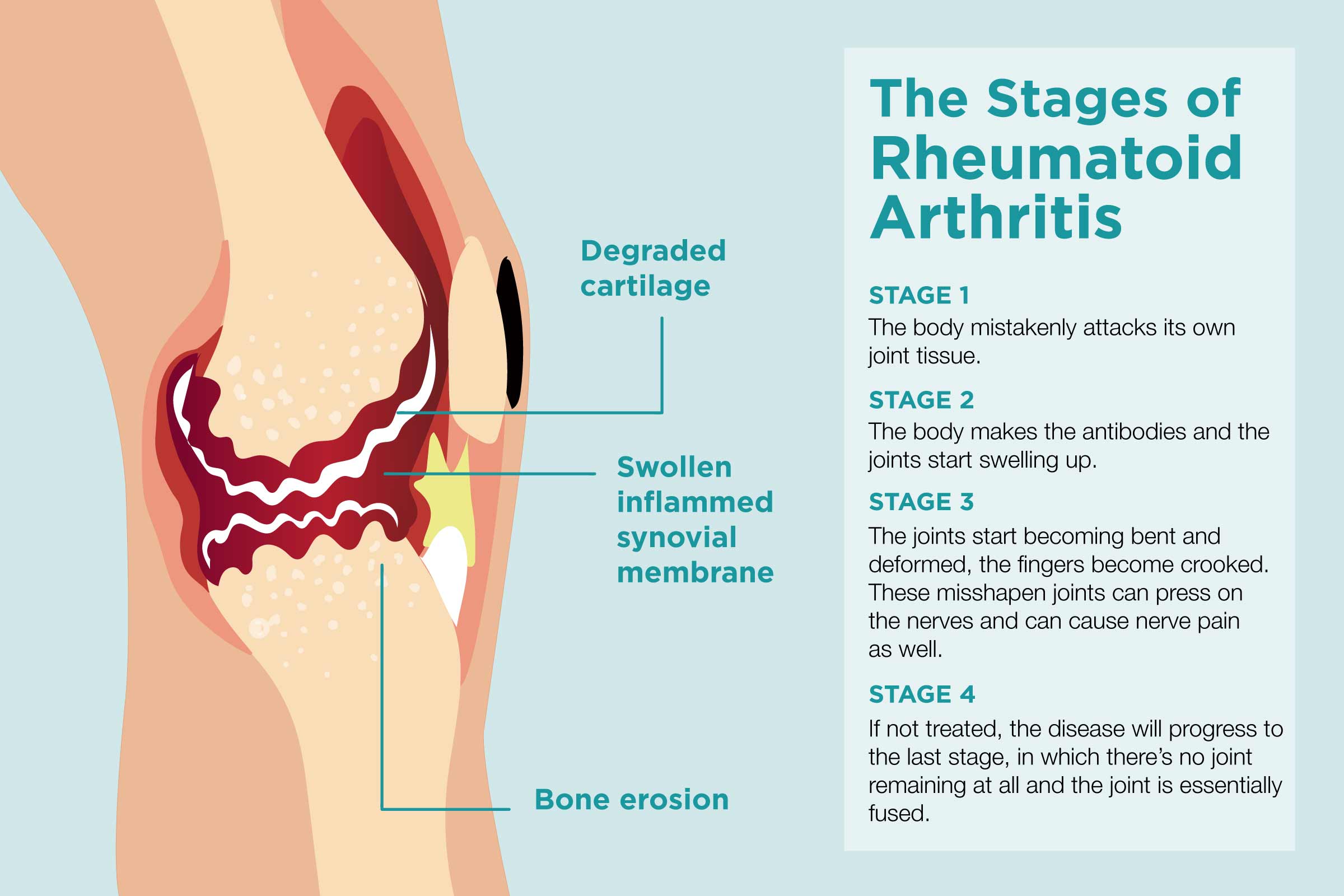When it comes to treating Rheumatoid Arthritis there are many different options available to you. Some of the options include medications, exercise, and supplements.
Exercise
Exercise is an important component of rheumatoid arthritis (RA) treatment. Regular physical activity reduces pain and inflammation, improves mood, and reduces anxiety. Exercising regularly also boosts overall health and helps to improve sleep.
In order to reap the benefits of exercise, you need to get started at the right pace. Start with light exercises and gradually build up.
Aerobic exercises can increase your heart rate and help to decrease inflammation. They also build lean muscle, which can be useful in helping you stay fit. You can do aerobic exercises as simple as walking or swimming. Depending on your level of fitness, you can do endurance exercises such as running or biking.
For some people with RA, exercising is a challenge. This is because they experience poor mobility or stiff joints. But if you can find activities you enjoy, exercise can be a very valuable part of your RA treatment.
DMARDs
DMARDs for Rheumatoid Arthritis are drugs that help reduce inflammation in the body. They work by reducing swelling and stiffness and also by preventing further damage to joints. However, DMARDs may cause side effects and should be used with caution.
Some of the common DMARDs include sulfasalazine, hydroxychloroquine, and methotrexate. DMARDs have many different mechanisms, so it is important to try several drugs before choosing the one that best suits your needs.
There are also newer agents such as tocilizumab and golimumab. These drugs are used in combination with other DMARDs.
DMARDs are typically prescribed as early as three months after being diagnosed with RA. During this time, the medications are generally administered at lower doses and can take several weeks before they have any effect. Depending on the DMARD you are taking, you might experience side effects such as headache, nausea, photosensitivity, changes in liver and kidney functions, and changes in red blood cell counts.
JAK inhibitors
Janus kinase (JAK) inhibitors are a new class of disease-modifying rheumatoid arthritis drugs (DMARDs). These DMARDs inhibit the inflammatory response of RA by targeting a particular pathway. This blocked pathway prevents inflammation and helps in the prevention of joint damage.
JAK inhibitors can be used alone or in combination with other RA meds. They are usually well-covered by insurance. However, they should be administered with caution.
Some of the risks associated with JAK inhibitors include infections, malignancies, and cardiovascular problems. These conditions are rare, but they should be screened for adequately.
In clinical studies, several JAK inhibitors have been reported to be effective in reducing pain and preventing long-term joint damage. They have also been shown to produce a rapid effect on RA.
The JAK-STAT pathway plays a vital role in the development of synovial inflammation in RA. Several cytokines, including tumor necrosis factor (TNF) and interleukin (IL)-6, are direct targets of the JAK inhibitors.
Biologics
Biologics for rheumatoid arthritis can reduce inflammation, which can alleviate symptoms and lead to a healthier life. Biologics can be given through injections, oral, or infusions. They can be used alone or in combination with other DMARDs such as methotrexate.
The most important goal in RA treatment is to achieve clinical remission. Rheumatoid arthritis is a chronic, systemic, inflammatory autoimmune disease. When inflammation increases, the body’s immune system attacks healthy tissues, including the synovium, the joint’s lining. This leads to tissue damage and joint destruction.
Biotherapeutics are derived from living organisms and are broken down in the digestive tract. They are able to target specific proteins involved in RA. Some biologics work by targeting the tumor necrosis factor alpha (TNF-alpha), a pro-inflammatory cytokine. Its effects are mediated by macrophages, which are mainly found in rheumatoid joints.
Supplements
Rheumatoid arthritis (RA) is an autoimmune disease that causes inflammation in joints. The disease affects people of all ages and can be either painful or debilitating. There are several types of treatment, including medications, physical therapy, and natural supplements.
Medications for RA are designed to reduce pain and inflammation and prevent damage to your joints. Steroids, also known as glucocorticoids, can be used to help reduce joint swelling and pain. They can also help slow the progression of the disease.
Nonsteroidal anti-inflammatory drugs are commonly prescribed for RA, such as ibuprofen or naproxen. NSAIDs work by blocking the production of inflammatory chemicals. Some nonsteroidal drugs, such as etoricoxib, are also prescribed for pain relief.